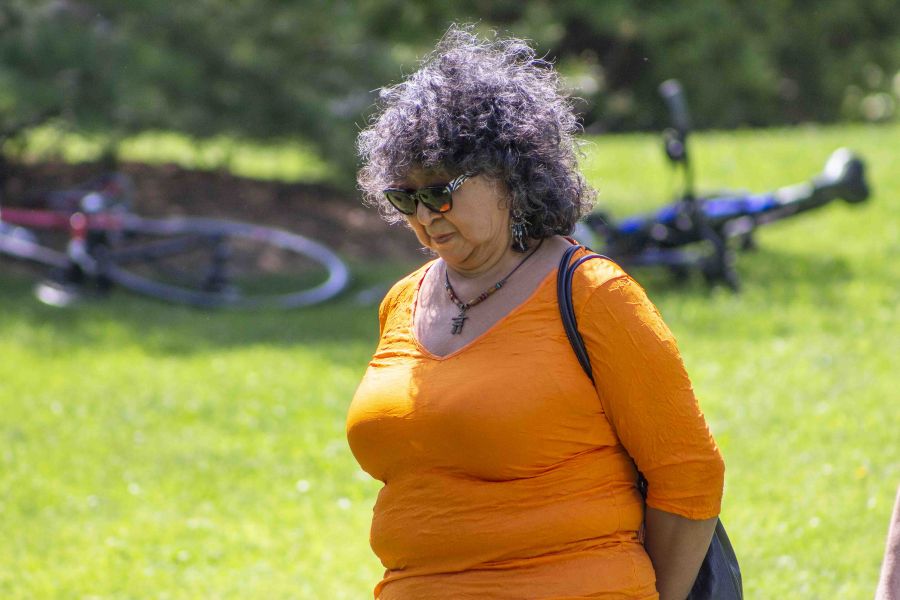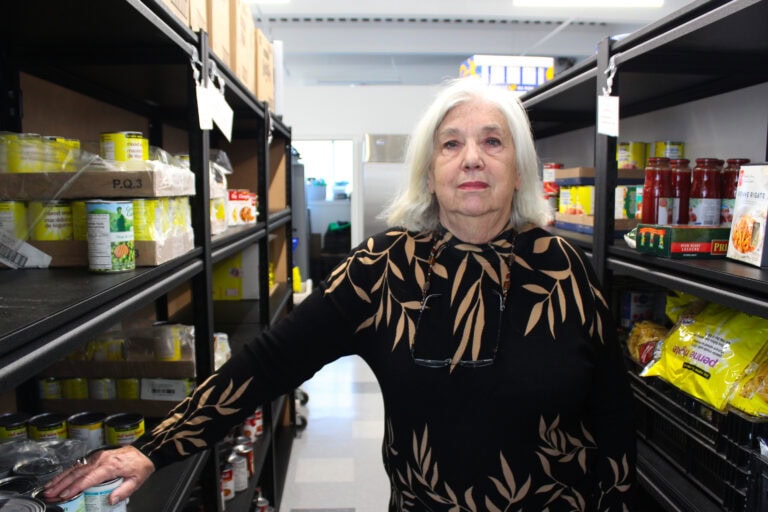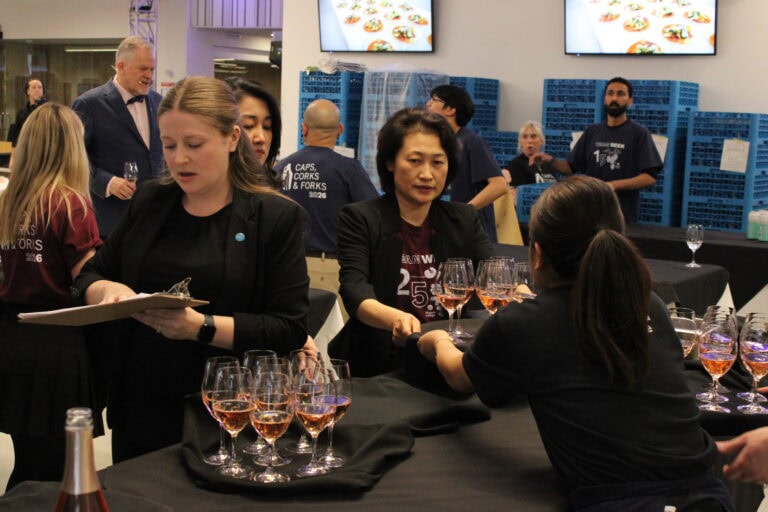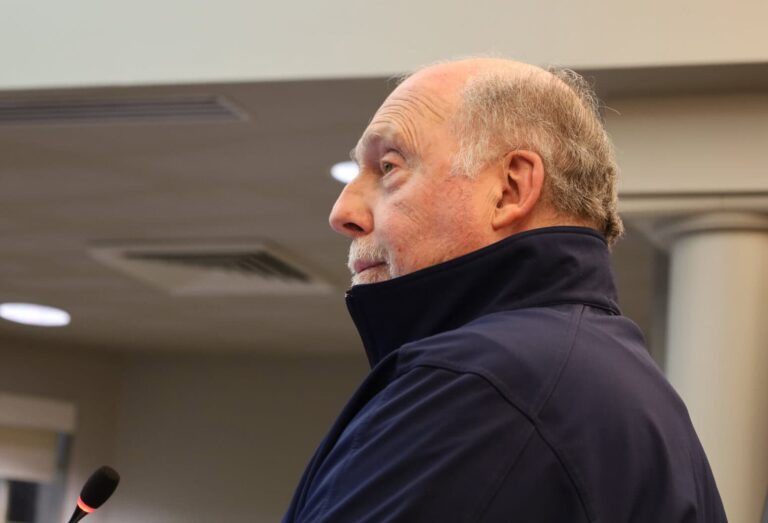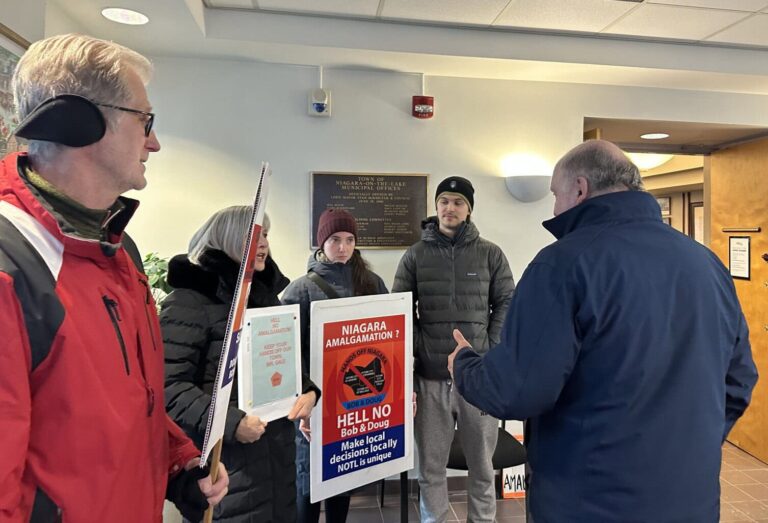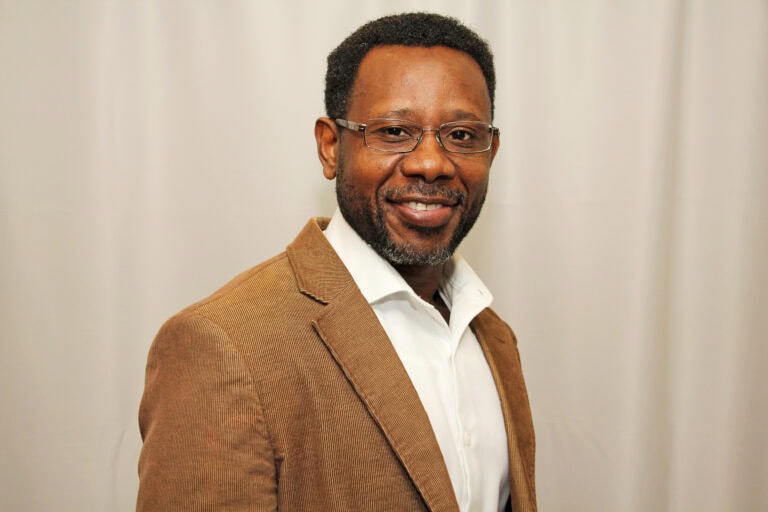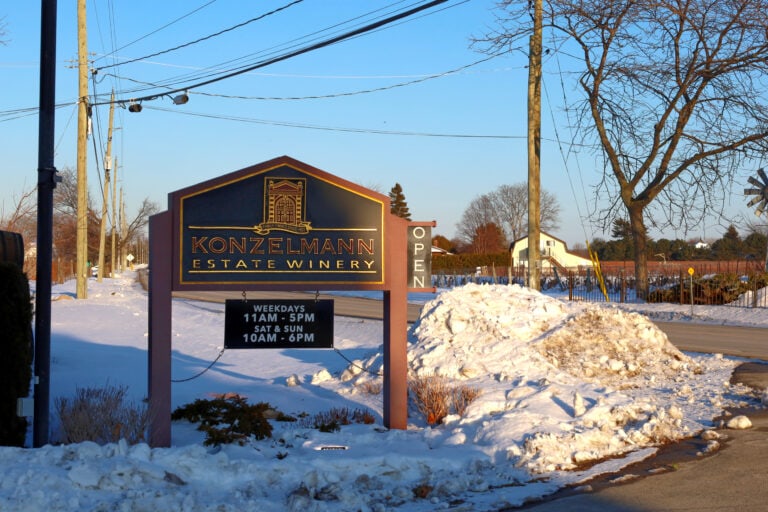NOTL woman talks about residential school experience, growing up Inuit
Indigenous children were taught from a young age that they were inferior and they should adopt “the white man's way,” says a Niagara-on-the-Lake woman who grew up in the Northwest Territories.
Veronica Puskas attended a residential school from 1971 to 1975, but it was government-run, with no religious affiliation and she says she didn't endure the kind of horrific abuse that other children suffered at scores of similar institutions across Canada.
Though while attending Akaitcho Hall for Grades 9 to 12, Puskas said she was wholly cut off from her Inuit culture, the aggressive assimilation experienced by earlier Inuit was worse than what she experienced.
However, the brunt of the government's attempts at assimilation started much earlier in her life, at the Rankin Inlet Federal Day School, she said.
“We were taught that our culture was not good enough. I grew up thinking that, and I’m going to have to say it, that the white man’s way was better.”
On Sunday, June 6, a moment of silence was held at Simcoe Park in NOTL in memory of 215 dead Indigenous children whose bodies were found in a mass grave in Kamloops, B.C.
Puskas was on hand to honour the memory of those children and talk about her own experience as a residential school survivor.
“My parents were given the option of where I should go. And that ended up being the best thing for me because (Akaitcho Hall) was well-run,” Puskas told The Lake Report.
The school was operated by a husband and wife, she said. “We think well of them, still.”
That sentiment was echoed by former Nunavut MP Nancy Karetak-Lindell, who attended Akaitcho Hall from 1972 to 1974.
“It’s not like what you’re hearing about all the residential school issues today,” Karetak-Lindell told the Nunatsiaq News in 2001.
While Puskas felt Akaitcho Hall was better than many of the other residential schools in Canada, the government's goal of cultural genocide by cutting Indigenous youth off from their history was still prevalent.
“We were still transitioning from our culture. We were never taught any of our culture,” Puskas said.
Being taught to look down on her Indigenous culture has left her with trauma she is still resolving, 60 years on.
“I did lose that emotional connection, especially with my mom. I saw it between her and her youngest. Because I didn’t get to, when I was that age, learn how to make parkas or boots,” Puskas said as she began to cry.
Puskas mother was “unilingual. Some of her friends were able to go to school and she was told not to,” she said.
Puskas on the other hand was educated nearly her whole childhood in federal day school and at the residential school.
“I think there was a little bit of resentment there,” Puskas said, sobbing.
“I’m still working on it. I’m getting there.”
She said she had a realization one day when speaking with an Indigenous friend who needed to see an ear specialist in Toronto for abuse she suffered while in residential school.
“She said to me, ‘You know, these white men, they are good at everything.’ And I said, ‘No, no. We were very good at everything. We were able to survive for thousands of years without them,' ” Puskas said.
“If you tried to live in our climate, in our culture, you wouldn’t survive,” she noted.
She pointed to the ill-fated expedition of Sir John Franklin and a group of British explorers in the 1840s. The whole expedition of 129 men perished where the Inuit have long thrived.
“There are some stories where Inuit met them and tried to give them food. They were offered help, but they didn’t want it.”
She was raised Catholic but saw in the church something that drove her away from the powerful institution and toward the Anglican church.
“We were taught to love one another but that wasn’t being displayed. There was conflict in my mind and it took me a while to process that,” Puskas said.
“Especially in relation to First Nations people. There was so much horrible stuff that was done to them,” she said.
Puskas takes issue with the Pope's and the Canadian government's responses to the ongoing suffering caused by residential schools.
Reconciliation is “going to take a long time. You’re seeing it already, the Pope, the government – they’re trying to deflect the blame,” she said.
“But stories need to be told. We need to hear these people tell their stories.”
Puskas moved to NOTL over 10 years ago. Her husband is from the area and she said they had visited the town for more than 40 years.
“We always knew we wanted to retire here, so we bought a house back in 2003,” she said.
Puskas worked most of her life in finance and accounting for the government of the Northwest Territories. She now does work with the Niagara Worship Centre's Celebrate Recovery program.
The program helps people dealing with any number of issues, from addiction to depression.
“I’ll be five years sober now this coming August. And I, in turn, help others,” Puskas said.
She spoke about meeting Indigenous girls who had been to other residential schools and of the trauma they suffered.
“There were two sisters. They were taken away from their homes, four or five years old, and taught to hate their parents,” Puskas said.
“And they didn’t have that emotional connection with their parents any more. Especially with their dad. They were traumatized. So much so that one became agoraphobic (fearing crowds), and the other never married. Never.”
Although residential schools are now closed in Canada, the damage they inflicted on Indigenous people and culture remains.
“It’s intergenerational trauma. Let’s just say what dad went through, he directed that anger at his kids. And that’s just really sad,” Puskas said.
“This one guy I know is close to 50. His parents were very harsh. He’s still struggling,” she said.
“There’s a lot of anger.”



